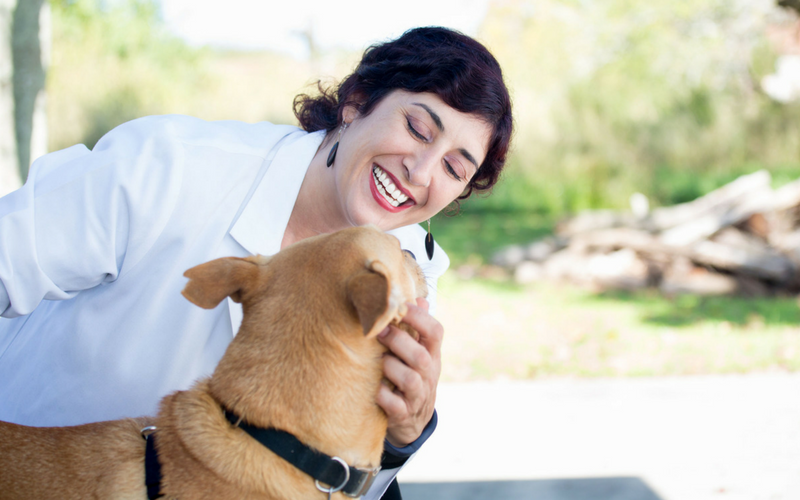As a childbirth educator, you’re used to addressing the needs of others all day. But the emotional investment you put into your patients can take its toll if you don’t also prioritize taking care of yourself, both physically and mentally.
While it likely comes naturally to focus on the health of your patients, it may not come as easily to do the same for yourself. If this is the case, follow the self-care tips below to avoid or combat burnout.
Best self-care tips for childbirth professionals
Good self-care for childbirth educators — and everyone, really — includes eating well, getting enough sleep, and staying physically active. However, it’s important to go beyond these basic essentials and incorporate additional self-care practices to manage stress and maintain health.
- Keep your work life and home life separate. When you’re at work, focus on work. When the workday is finished, put the events of your day aside and give your full attention to your personal life. Easier said than done? Of course. But it gets easier with consistent effort.
- Schedule fun time on a regular basis. Not sure where to start? Make a list of activities you’ve wanted to try or haven’t done in a while. Maybe you’ve always wanted to take a painting class or haven’t spent a couple of leisurely hours with a good book at your favorite coffee shop in a long time. Those go on your list. Then pick one and put it on your calendar. To increase your chances of following through and not canceling on yourself, schedule the activity for some time within the next one to three days. You’re more likely to do something if it’s only a few days away, whereas you’ll have more time to come up with excuses and bail on something that’s a few weeks away.
- Spend time each day doing something that nourishes your mind or inspires you. Taking a nature walk, writing in a journal, watching a sunrise or sunset, and listening to music are just a few examples. Choose what speaks to you.
- Say “no” more often. As caregivers, it can be difficult to turn down requests for help, no matter how big or small. But saying “yes” to everything will eventually lead to burnout, which can result in stress and health issues in the long run. Begin by saying “no” to one thing now, whether it’s to helping someone with a project or to something you’ve already agreed to but aren’t excited about. For some helpful sample scripts for saying “no” in specific situations as well as advice on how to handle any resistance you may receive, consult The Bossy Nurse.
If you’re feeling burned out or think you may be going through “compassion fatigue,” consider attending counseling in addition to implementing the practices above. An outside perspective can be beneficial to helping you gain a fresh outlook on your career.



